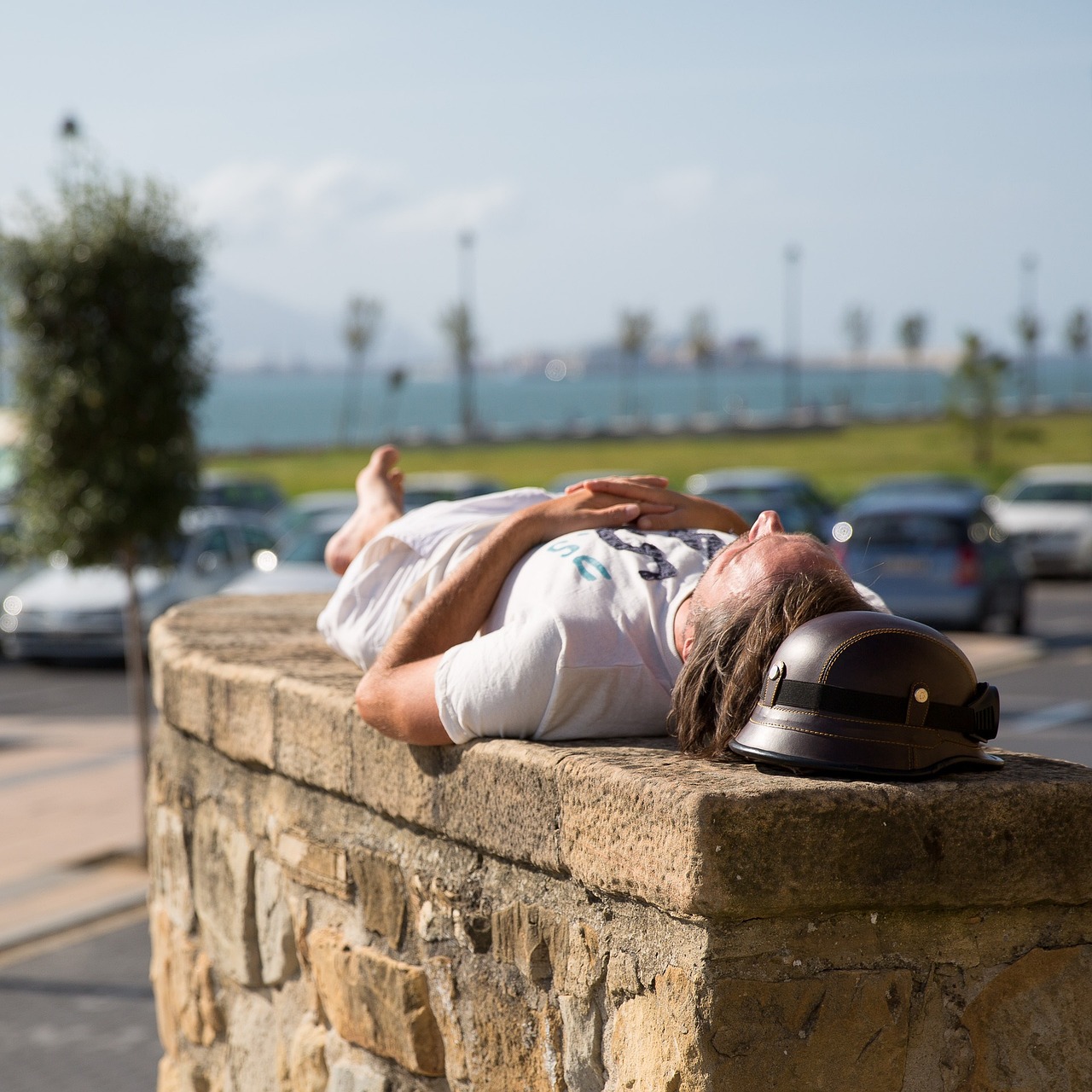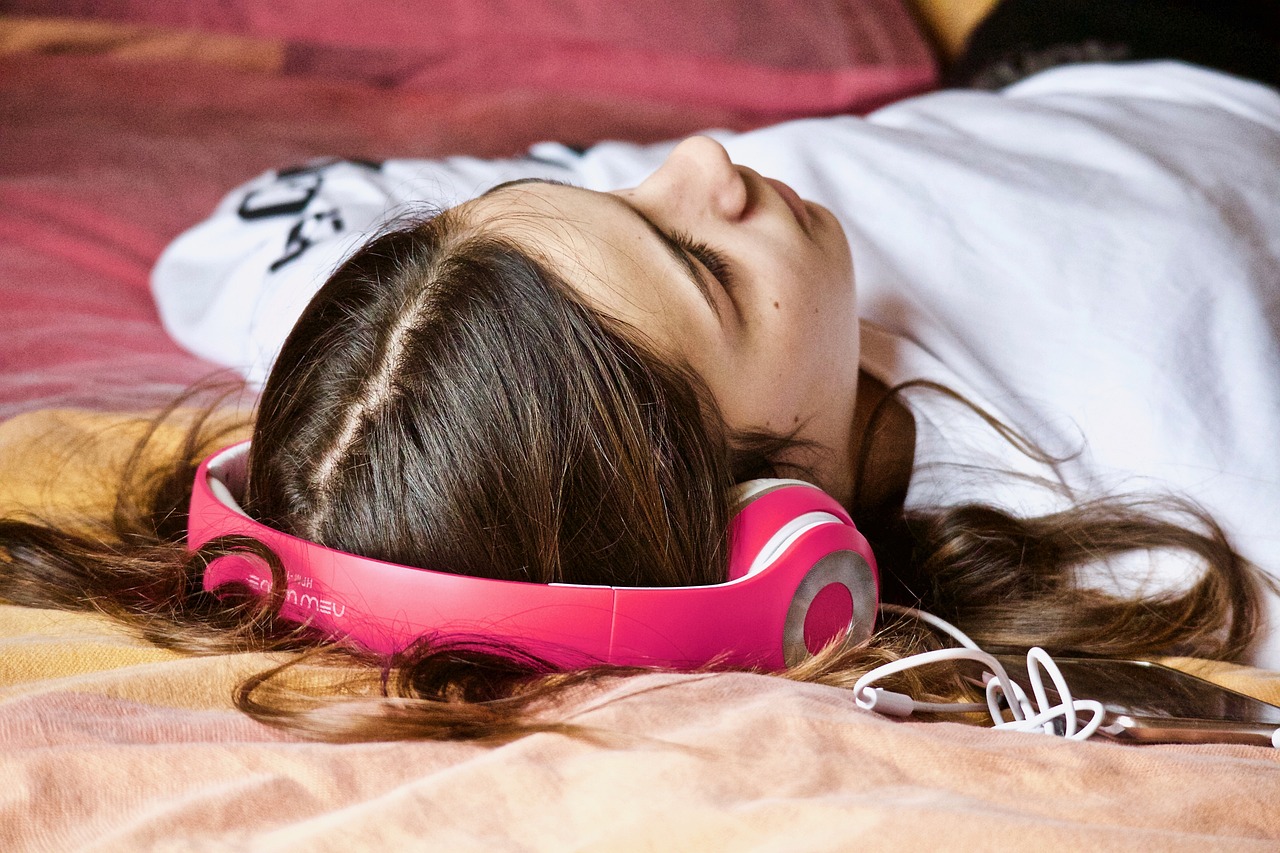Introduction to Spain’s Time Zone
Nestled in the southwestern part of Europe, Spain is a country known for its rich history, diverse culture, and breathtaking landscapes. But before diving into the vibrant life of its cities or relaxing on its sun-kissed beaches, it’s essential to understand the country’s time zone to make the most of your trip.
Geographical location and Time Zones
Spain is located in the Central European Time (CET) zone, which is UTC +1. This might come as a surprise to many, given that geographically, a significant part of Spain lies west of the Greenwich Meridian. This means that Spain is technically in the same time zone as countries like the UK and Portugal. However, during the regime of Francisco Franco, Spain adopted CET to align with Nazi Germany, and it has remained so ever since.
During the last Sunday in March to the last Sunday in October, Spain observes Daylight Saving Time, shifting to Central European Summer Time (CEST), which is UTC +2. This change ensures that the country enjoys longer daylight hours in the evening, perfect for those late-night tapas and flamenco shows.
Time difference with major tourist origin countries
For travelers, understanding the time difference is crucial. Here’s a quick rundown of the time difference between Spain and some major tourist origin countries:
- United States: Depending on the state, the U.S. has multiple time zones. For instance, if it’s noon in Spain, it’s 6 a.m. on the U.S. East Coast (EST) and 3 a.m. on the West Coast (PST).
- United Kingdom: The UK is 1 hour behind Spain. So, when it’s noon in Spain, it’s 11 a.m. in London.
- Australia: Australia also has several time zones. If it’s noon in Spain, it’s 8 p.m. in Sydney (AEDT) and 7 p.m. in Brisbane (AEST).
- China: China operates on a single time zone, which is 7 hours ahead of Spain. So, when it’s noon in Spain, it’s 7 p.m. in Beijing.
- India: India is 4 hours and 30 minutes ahead of Spain. If it’s noon in Spain, it’s 4:30 p.m. in New Delhi.
Understanding these time differences will not only help you communicate better with folks back home but also assist in adjusting your internal clock, especially if you’re trying to ward off the dreaded jet lag.

What is jet lag and why does it happen?
Every traveler, at some point, has felt the disorienting effects of crossing multiple time zones in a short span. This phenomenon, commonly known as jet lag, can turn an exciting vacation into a groggy, sleep-deprived ordeal. But what exactly is jet lag, and why does it happen?
Brief explanation of the body’s biological clock misalignment
At the core of our body’s daily functions is the circadian rhythm, a natural, internal process that regulates the sleep-wake cycle. It repeats roughly every 24 hours and is primarily influenced by external factors like light and temperature. Think of it as an internal clock that tells you when to wake up, eat, and sleep.
When you travel across multiple time zones, this internal clock becomes misaligned with the local time. For instance, your body might be signaling that it’s time to sleep because it’s midnight in your home country. Still, in Spain, where it’s only 6 p.m., the sun is shining brightly, and the streets of Barcelona are bustling with life. This misalignment between your internal clock and the external environment is the primary cause of jet lag.
Factors influencing the intensity of jet lag
While almost everyone who travels across time zones will experience some form of jet lag, the intensity and duration can vary based on several factors:
- Direction of Travel: Generally, traveling eastward tends to cause more severe jet lag than westward. This is because traveling east, such as from New York to Madrid, shortens the day, making it harder for the body to adjust.
- Number of Time Zones Crossed: The more time zones you cross, the more pronounced the jet lag. A flight from London to Barcelona might cause minimal jet lag, but a journey from Tokyo to Madrid can be quite disorienting.
- Age: Unfortunately, jet lag symptoms tend to be more severe and last longer in older adults.
- Individual Differences: Some people are naturally more resilient to the effects of jet lag, while others might feel the effects more intensely.
- Pre-travel Routine: If you’re already sleep-deprived before your journey, the jet lag can hit harder. Similarly, alcohol and caffeine consumption can exacerbate the symptoms.
Understanding jet lag is the first step to combating its effects. In the next section, we’ll explore practical tips and strategies to minimize jet lag, ensuring that you can dive right into the vibrant Spanish culture, whether you’re dancing the night away in Ibiza or exploring the historic streets of Seville.

Practical tips to minimize jet lag before traveling
Jet lag can be a real dampener, especially when you’re eager to explore the vibrant streets of Spain, from the bustling La Rambla in Barcelona to the historic Alhambra in Granada. Fortunately, with a bit of preparation, you can significantly reduce the effects of jet lag and make the most of your Spanish adventure. Here are some practical tips to consider before you embark on your journey:
Gradual sleep schedule adjustment
One of the most effective ways to combat jet lag is to adjust your sleep schedule gradually before your trip. This method is particularly useful if you’re crossing multiple time zones.
- Eastward Travel: If you’re traveling east, try going to bed one hour earlier each night for several days before your departure. For instance, if you’re flying from New York to Madrid, adjusting your bedtime can make the transition smoother.
- Westward Travel: Conversely, if you’re heading west, aim to go to bed one hour later each night. This adjustment can be particularly beneficial if you’re traveling from Moscow to Barcelona.
Remember, the goal is to slowly acclimatize your body to the new time zone, making the transition less jarring upon arrival.
Proper nutrition and hydration
What you consume can play a significant role in how you feel during and after your flight. Here are some nutritional tips to keep in mind:
- Stay hydrated: Air travel can be dehydrating. Drink plenty of water before, during, and after your flight. Avoid alcohol and caffeine, as they can exacerbate dehydration and disrupt your sleep.
- Eat light: Heavy meals, especially those rich in fats and sugars, can make you feel sluggish. Opt for light, nutritious meals leading up to your flight. Consider packing healthy snacks like nuts or fruit for the journey.
- Time your meals: If possible, try to eat according to the meal times of your destination. This can help reset your internal clock faster.
- Avoid overindulgence: While it might be tempting to start your Spanish culinary adventure on the plane, overindulging in alcohol or heavy foods can worsen jet lag symptoms.
Incorporating these tips into your pre-travel routine can make a world of difference. By preparing your body in advance, you’ll be better equipped to dive straight into the Spanish experience, whether it’s savoring paella in Valencia, dancing flamenco in Seville, or simply soaking up the sun on the Costa Brava.
Remember, Spain offers a rich tapestry of experiences, and with a bit of preparation, jet lag won’t hold you back from making the most of every moment.
Adapting to Local Time: recommendations ipon arrival in Spain
Stepping off the plane and setting foot in Spain, with its rich history, vibrant culture, and mouth-watering cuisine, is an exhilarating experience. However, the excitement can be slightly marred if you’re grappling with the disorienting effects of jet lag. But fear not! With a few strategic actions upon your arrival, you can swiftly adjust to the local time and make the most of your Spanish escapade.
Exposure to natural light
One of the most effective ways to reset your internal clock is by exposing yourself to natural light. Sunlight helps regulate the body’s production of melatonin, a hormone that controls sleep-wake cycles.
- Morning arrival: If you land in Spain during the early hours, make it a point to spend time outdoors. Take a leisurely walk through the streets of Madrid, or enjoy a morning coffee at a terrace in Barcelona. The sunlight will signal to your body that it’s time to be awake and active.
- Evening arrival: Conversely, if you arrive in the evening, try to stay awake until the local bedtime. A gentle stroll through the illuminated plazas of Seville or the beach promenades of Valencia can be both relaxing and a way to soak in some ambient light.
Avoiding long naps and establishing a regular routine
While the lure of a soft hotel bed might be tempting after a long flight, it’s crucial to resist the urge to dive into a deep slumber immediately.
- Short power naps: If you’re feeling overwhelmingly tired, opt for a short 20-30 minute nap. This can rejuvenate you without throwing off your sleep schedule. Set an alarm to ensure you don’t oversleep.
- Regular routine: Try to adopt a local routine as soon as possible. Eat meals at local times, and if you’re in Spain for a while, try to establish a consistent sleep schedule. This will help your body adjust faster.
- Engage in activities: Dive into the Spanish experience. Visit the Museo del Prado in Madrid, or take a flamenco class in Granada. Keeping yourself engaged will distract you from fatigue and help you adjust to the local time zone.
While jet lag can be a temporary challenge, with a bit of planning and strategic actions upon arrival, it doesn’t have to impede your Spanish adventure. Spain, with its myriad attractions from the architectural wonders of Gaudí in Barcelona to the serene beaches of the Balearic Islands, awaits you. And with these tips in hand, you’ll be well-equipped to dive headfirst into all that this beautiful country has to offer.
Useful resources and tools
Traveling to Spain, with its sun-soaked beaches, historic landmarks, and vibrant culture, is a dream for many. However, the specter of jet lag can loom large, especially for those crossing multiple time zones. Fortunately, in today’s digital age, there are a plethora of resources and tools designed to help travelers combat jet lag and adjust to new time zones seamlessly.
Apps and gadgets for sleep monitoring
- Sleep cycle: This app analyzes your sleep patterns and wakes you up during your lightest sleep phase, ensuring you feel refreshed and ready to explore Spain’s wonders. It’s a great tool to help adjust to the local time zone.
- Timeshifter: Developed with the help of neuroscientists, this app offers personalized advice based on your sleep patterns, chronotype, and flight details. It provides guidance on when to seek or avoid light, sleep, and even when to consume caffeine.
- f.lux: This software adjusts the color temperature of your device’s display according to the time of day, reducing blue light exposure in the evening. It’s especially useful for those who might be working or using devices during their trip.
- Sleep headphones: For those sensitive to noise, sleep headphones can be a game-changer. These are soft, comfortable headphones designed for sleep, allowing you to listen to calming music or white noise to drown out any disruptive sounds.
References to specialized sleep disorder centers or clinics in Spain
For travelers who find that jet lag is more than just a minor inconvenience, Spain offers specialized clinics and centers dedicated to sleep disorders. These centers provide expert advice, treatments, and resources to help you adjust and ensure a restful sleep.
- Clinica del Sueño Estivill (Estivill Sleep Clinic): Located in Barcelona, this clinic is led by Dr. Eduard Estivill, a renowned specialist in sleep medicine. The clinic offers a comprehensive approach to sleep disorders, including jet lag. Clinica del Sueño Estivill
- Madrid Sleep Clinic: Situated in the heart of Spain’s capital, this clinic offers a range of services, from sleep studies to personalized treatments for various sleep disorders. Their team of experts can provide guidance tailored to travelers and their specific needs.
- Valencia Sleep Research Institute: This institute combines research with clinical practice, ensuring that patients receive cutting-edge treatments based on the latest scientific findings. They offer a holistic approach to sleep health, making it a top choice for those seeking comprehensive care.
In conclusion, while jet lag can be a challenge, it’s by no means insurmountable. With the right tools, resources, and perhaps a bit of expert guidance, you can ensure that your Spanish adventure isn’t marred by sleepless nights or groggy days. Spain, with its rich history, tantalizing cuisine, and breathtaking landscapes, deserves to be experienced with clear eyes and a refreshed spirit.





